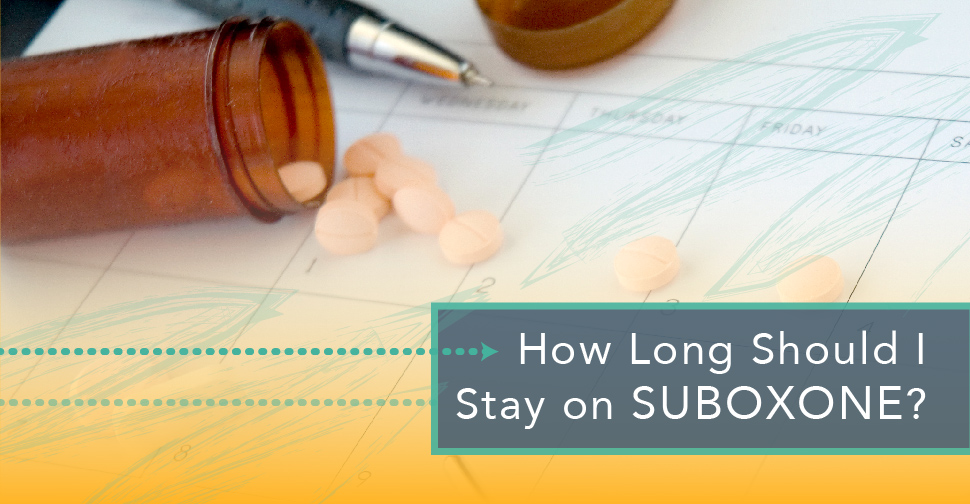
If you are struggling from an opiate addiction, you are not alone. In 2013, 2.4 million people abused or were dependent on opioids such as painkillers and heroin. Many people have turned Suboxone to recover from addiction. This medicine helps safely simulate the sensation provided by opiates and can help you slowly and safely withdraw. However, the side effects of suboxone mean that you can’t use it forever.
Side Effects
Although Suboxone is a useful medication for those suffering from opiate addiction, some find the side effects associated with the drug unpleasant. Some common side effects are: sleep disturbance, dizziness, confusion, nausea, headaches, and stomach pain. While these side effects are rare and usually tolerable, it’s important to keep track of their severity. Discuss it with your doctor to help create a timetable for lowering your doses.
Finding The Right Dose
Before quitting suboxone, the first thing that is recommended is talking with your doctor about your dose. The goal of Suboxone therapy is not to keep you on the lowest dose, but the correct dose. Talk to your doctor about what the proper dosage should be for you, and if you are talking a lower dose, see if you can increase your dose. Have a doctor monitor your progress with an increased dose and see if it helps with your overall well-being.
But how do you know if you are taking the right dose? Doctors mention that the way to tell if you are taking the right dose is that you feel the same both before and after taking the medication. If you feel any difference in your dose, then it’s not the proper dosage and should be adjusted accordingly. An average dose of Suboxone (buprenorphine) is about 16mg each day and some patients need 24mg per day.
Tapering Off
Doctors will generally start lowering your dose of dose of Suboxone once you start feeling normal and balanced. Generally, you can stay on Suboxone for lengthy periods of time without suffering from too many negative side effects. However, you should start tapering off your dosage if you fit the following criteria:
- You are over 30
- Your confidence is higher
- Employment has become stable and consistent
- A support system has been put into place for you emotionally
- Cravings have become almost absent
As Suboxone treatment and addiction is so individualized, there’s no general timetable for quitting. Some people may only need it a few months, while others may require it for a year or more. It’s important to play the situation by ear.
How Can I Get Off Suboxone?
Once you and your doctor have decided to wean you off Suboxone, you need to take the situation slowly. Your doctor will need to monitor your progress: in fact, you may need to be monitored anywhere between four to six weeks or five to six months as your doctor lowers your dose.
During this time, your doctor should meet with you weekly to monitor your progress. And after you are completely off Suboxone, your doctor should check in with you two months after your last dose to make sure everything is going well.
Attend an inpatient or outpatient treatment facility is often a good idea for many people getting off Suboxone. There you can receive more counseling and psychosocial treatment for your addiction. At some clinics, you can taper your dose down to 2mg within 8-10 days. While at an inpatient facility, they may give you a monthly Suboxone injection to prevent relapse.
Contact Us
 Struggling from an opiate addiction or with a Suboxone treatment can feel frustrating. Be sure to talk with your doctor if you have questions or concerns regarding your Suboxone treatment. Or contact us at DrugRehab.org. We can also help you find alternative treatments to help you recover from your opiate addiction.
Struggling from an opiate addiction or with a Suboxone treatment can feel frustrating. Be sure to talk with your doctor if you have questions or concerns regarding your Suboxone treatment. Or contact us at DrugRehab.org. We can also help you find alternative treatments to help you recover from your opiate addiction.
